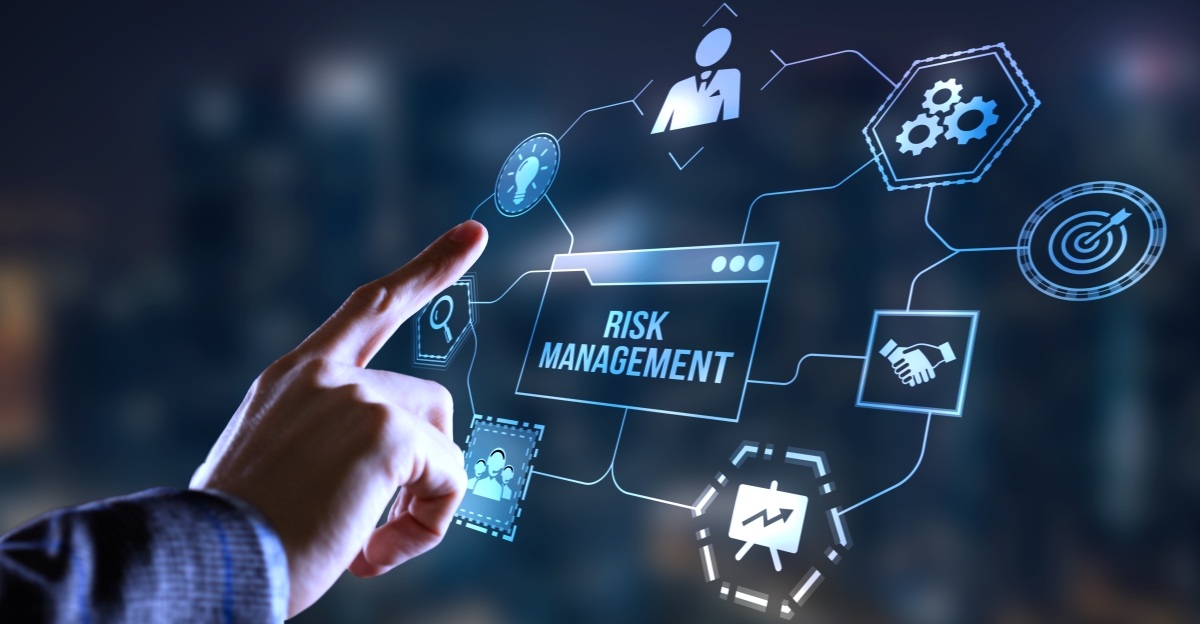Exploring the Growing Importance of Risk Management in Business Strategy
The Importance of Comprehending the Significance of Risk Management in Different Industries

The Core Idea of Risk Management and Its Function
Risk Management, the foundation of lots of markets, pivots on the identification, analysis, and reduction of unpredictabilities in a service environment. By correctly identifying potential threats, services can develop methods to either prevent these risks from happening or minimize their impact. As soon as risks have been recognized and assessed, the reduction process entails creating techniques to lower their potential influence.
Advantages of Implementing Risk Management in Business Procedures

Unveiling the Role of Risk Management in Different Industries
While every sector challenges its special set of risks, the execution of Risk Management techniques remains a common measure in their quest of sustainability and development. In the medical care field, Risk Management involves making certain client security and information defense, while in finance, it includes mitigating financial investment dangers and guaranteeing governing compliance (importance of risk management). Construction companies concentrate on worker security, job hold-ups, and budget plan overruns. In the innovation sector, firms alleviate cybersecurity hazards and technology obsolescence. Eventually, the role of Risk Management across markets is to recognize, examine, and minimize threats. It is a necessary part of strategic planning, enabling organizations to protect their assets, make best use of opportunities, and attain their purposes.
Real-life Study Demonstrating Effective Risk Management
To comprehend the relevance of Risk Management in these numerous sectors, one can look to numerous real-life circumstances that illustrate the effective application of these actions. In the energy field, British Oil developed Risk reduction prepares post the 2010 Gulf of Mexico oil spill. They executed better security procedures and more stringent Visit This Link laws which substantially decreased more mishaps. Similarly, in money, Goldman Sachs successfully browsed the 2008 monetary situation by determining potential mortgage-backed protections threats early. Lastly, Toyota, publish the 2011 quake in Japan, revised its supply chain Management to reduce disturbance risks. These cases demonstrate exactly how sectors, gaining from situations, efficiently used Risk Management strategies to minimize future threats.
Future Fads and Developments in Risk Management Techniques
As the globe proceeds to advance, so too do the trends and developments in Risk Management methods. Fast developments in technology and information analytics are improving the Risk landscape. Huge data and AI are now critical in predicting and minimizing threats. Organizations are leveraging these devices to develop anticipating designs and make data-driven decisions. Cybersecurity, once a peripheral concern, has catapulted to the center of Risk Management, with methods focusing on reaction, discovery, and avoidance. The assimilation of ESG (Environmental, Social, Administration) elements into Risk Management is another growing fad, reflecting the enhancing recognition of the role that environmental and social risks play in business sustainability. Therefore, the future of Risk Management depends on the combination of advanced technology, ingenious techniques, and an alternative strategy.
Verdict
To conclude, comprehending the significance of Risk Management across a her explanation range of markets is crucial for their long life and success. Tailored methods can help minimize like this prospective threats, safeguard possessions, and foster stakeholder count on. In addition, aggressive decision-making help in regulatory compliance and optimizes resource use. Ultimately, effective Risk Management adds to a lot more sustainable and resilient services, highlighting the significance of this method in today's vibrant and very competitive organization setting.
While every industry challenges its unique collection of dangers, the execution of Risk Management strategies continues to be a typical in their pursuit of sustainability and development. In the health care field, Risk Management entails guaranteeing patient security and information defense, while in finance, it involves mitigating investment dangers and making certain governing conformity. Inevitably, the function of Risk Management throughout sectors is to determine, evaluate, and reduce risks. These cases demonstrate exactly how sectors, discovering from situations, efficiently applied Risk Management approaches to decrease future threats.
